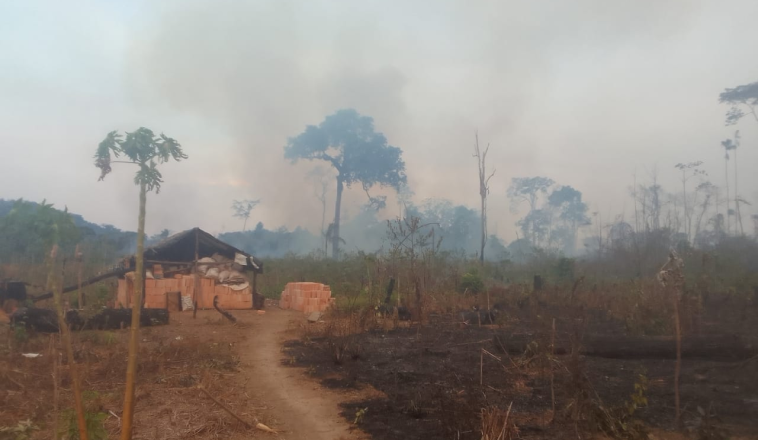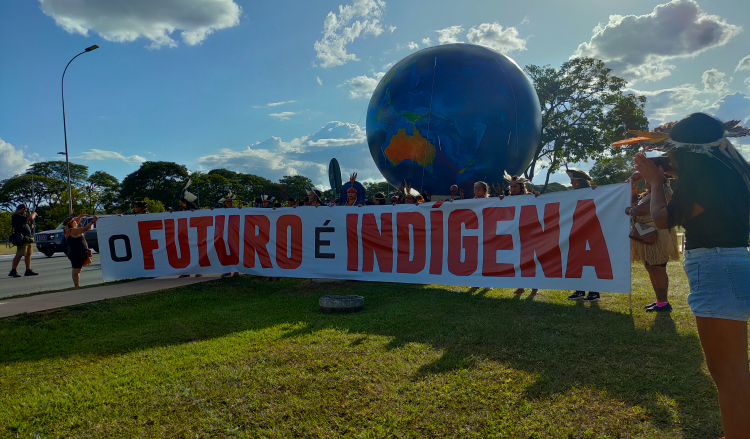SOME STORIES

CARANGUEJO TABAIARES RESISTE!
Recife, Pernambuco, Brazil.
Located in one of the largest urban mangroves in Latin America, in one of the largest cities in northeastern Brazil, the community has been suffering with the growth of the urban area and has faced the direct impacts from the removal of part of the mangrove, such as frequent floods caused by reconfiguration and pollution of rivers and the reduction of fish and crustaceans. The group works to strengthen the community, especially with the participation of black women in defense of socio-environmental justice and good living, in the fight for basic sanitation and decent housing, in defense of the mangrove, and in the production of agro ecological gardens.

LESBITRANS
Altamira, Pará, Brazil.
Coletivo Amazônico LesBiTrans is the first civil society organization in Altamira to work exclusively on climate justice and LGBTQIA+ people. Since its foundation, it denounces the construction of the largest Brazilian hydroelectric plant, which brought a large number of men disconnected from their communities and families to the region, generating an increase in gender-based violence. In addition to causing the forced displacement of around 20,000 people, the construction of housing complexes in degraded areas, with inadequate soil and no forest formations, has fragmented territories and intensified climate vulnerability. Access to drinking water, the defense of land, rivers and islands, the fight against gender-based violence and LGBTphobia, and socio-environmental justice are their main demands.

KUIÃ ATÃ
Ilhéus, Bahia, Brazil.
Kuîã Atã means “Strong Women” and gives its name to the Group of Tupinambá Indigenous Women of Acuípe de Baixo. Since its foundation, its goal is to promote women's organization and political influence in combating territorial and gender-based violence. They are farmers and artisans whose well-being is related to community and interdependent care practices with the Atlantic Forest, the most devastated biome in Brazil, which has already lost almost 90% of its original coverage and where the majority of the national population lives. It is articulated with other groups of indigenous women in Brazil, and has taken the demand to other levels of discussion, participating in international Forums and Networks.